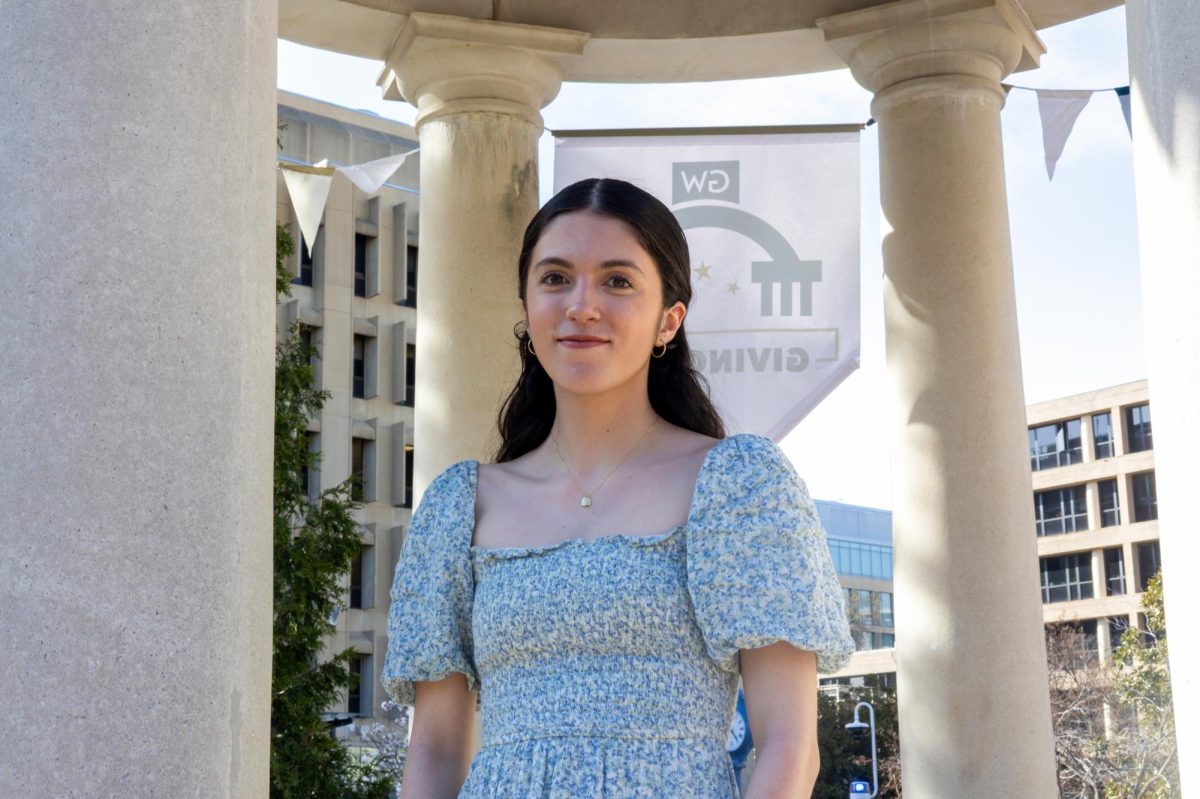Milken Institute School of Public Health officials are updating the doctor of public health program for the fall to place a greater focus on leadership and professional development.
The program curriculum was updated to include foundational courses like public health policy analysis and methods courses like principles of clinical trials, and oversight for policy and operations was consolidated under one associate dean rather than four department chairs. Faculty and students involved with the program said they wanted to create a more applied, rigorous curriculum with a greater emphasis on practical experience.
The updates will only apply to future cohorts of students.
Gene Migliaccio, the director of the program and the associate dean for applied public health, said the doctorate is a “leadership degree” that will begin to admit students annually instead of biannually and provide a common curriculum in fields of global health like environmental and occupational health, biostatistics and epidemiology.
“This is an interdisciplinary, public health leadership training program that delivers practice-based curriculum and applied research to equip public health leaders with skills for the development, implementation and evaluation of public health programs and systems policies,” he said in an email.
Migliaccio said the updated curriculum offers a public health program that is “superior” to the initial version. He said officials wanted to change the program to build a stronger residential, and eventually online, program.
“Students will benefit by enrolling in one of the most progressive and academically rigorous DrPH programs in the nation that provides 14 core courses where the majority of courses are taught by public health practitioners with earned DrPH degrees,” he said. “Also, students will benefit by having a pathway to complete graduation requirements within three years for full-time students and four years for part-time students.”
He said the updates will help the program keep its accreditation by adhering to more of the Council on Education for Public Health’s criteria, which include categories like data and analysis, leadership and education and workforce development.
He said as public health issues become increasingly complex, students with leadership and practical skills will “lead the organizational change in the U.S. and worldwide,” especially in the context of the COVID-19 pandemic.
“The COVID-19 pandemic has shown the need for more DrPH-trained leaders to focus on the gaps in the public health infrastructure throughout the nation and globally,” he said.
Current students in the program said the changes will help future cohorts elevate the program’s appeal and distinguish it from other doctoral programs.
Ans Irfan, a professorial lecturer at the public health school and a doctoral student in environmental and occupational health, said officials made the changes in response to student feedback calling for a more “rigorous, applied and leadership-focused program.”
“These much-needed and long overdue changes will thrust GW’s DrPH program at the top of DrPH programs in the nation, which is important to me as the future alumni,” he said in an email.
He said faculty and students nationwide often have “narrow” and “myopic” views toward doctor of public health programs because of a general lack of understanding of their differences with other doctoral programs. He said typical curricula are generally expected to focus heavily on research.
He said the updated program will put a greater emphasis on skills like applied dissertation with hands-on fieldwork and advanced policy analysis in relevant fields. He said these changes will provide students with practical public health-related experiences that are crucial for career development.
“These are the critical skills that public health leaders and practitioners need and make the DrPH degree the terminal degree for the field of public health and basically a PhD+,” he said.
Irfan said he wished these changes were in place for his 2018 cohort because the updated curriculum will provide future students with a more “holistic training” rather than the more narrow approach that standard doctoral programs provide.
“Public health problems are increasingly complex, especially with the existential threat of climate change,” he said. “We need public health leaders and practitioners who not only know the methodology really well but also know a lot of the other leadership and management skills.”
Bobbi Snowden, a doctoral student in global health, said officials in the program have been “invested in the individual student” throughout her time as a student. She said the changes reflect officials’ efforts to equip students with the tools to become “implementers of change.”
“My hope is that when I do graduate, I’ll be able to utilize the skills I have learned and the knowledge I have gained to be able to be a better public health advisor for whatever leadership position I’m in,” she said.
Snowden said the updated program is “enhanced” and will provide students with the tools to tackle issues of public health as better practitioners, especially given the recent rise in public health awareness due to the pandemic.
“If there are gaps or limitations or problems, we’re designed to actually implement change and hopefully improve and narrow those gaps and limitations that are out there as they relate to public health,” she said.








